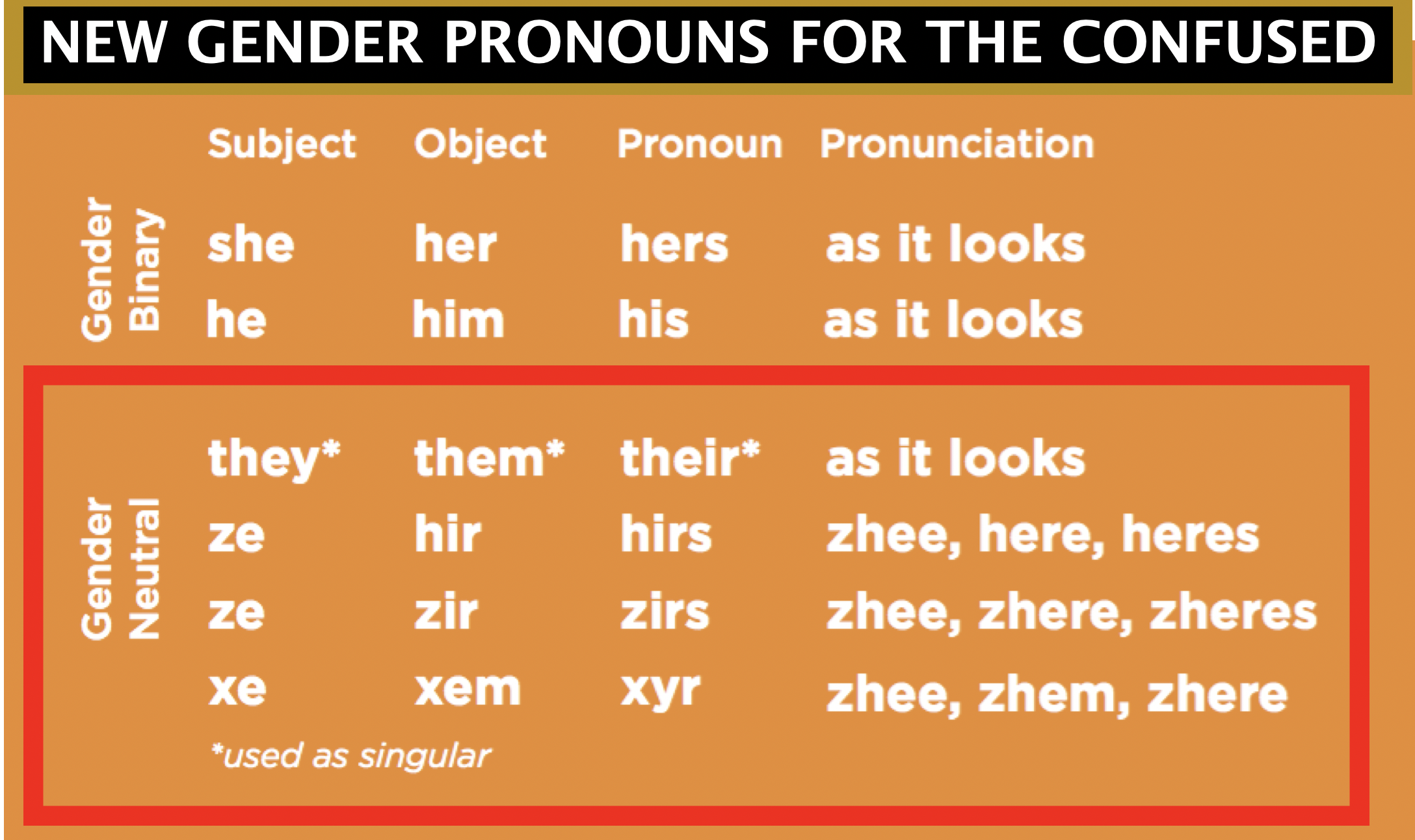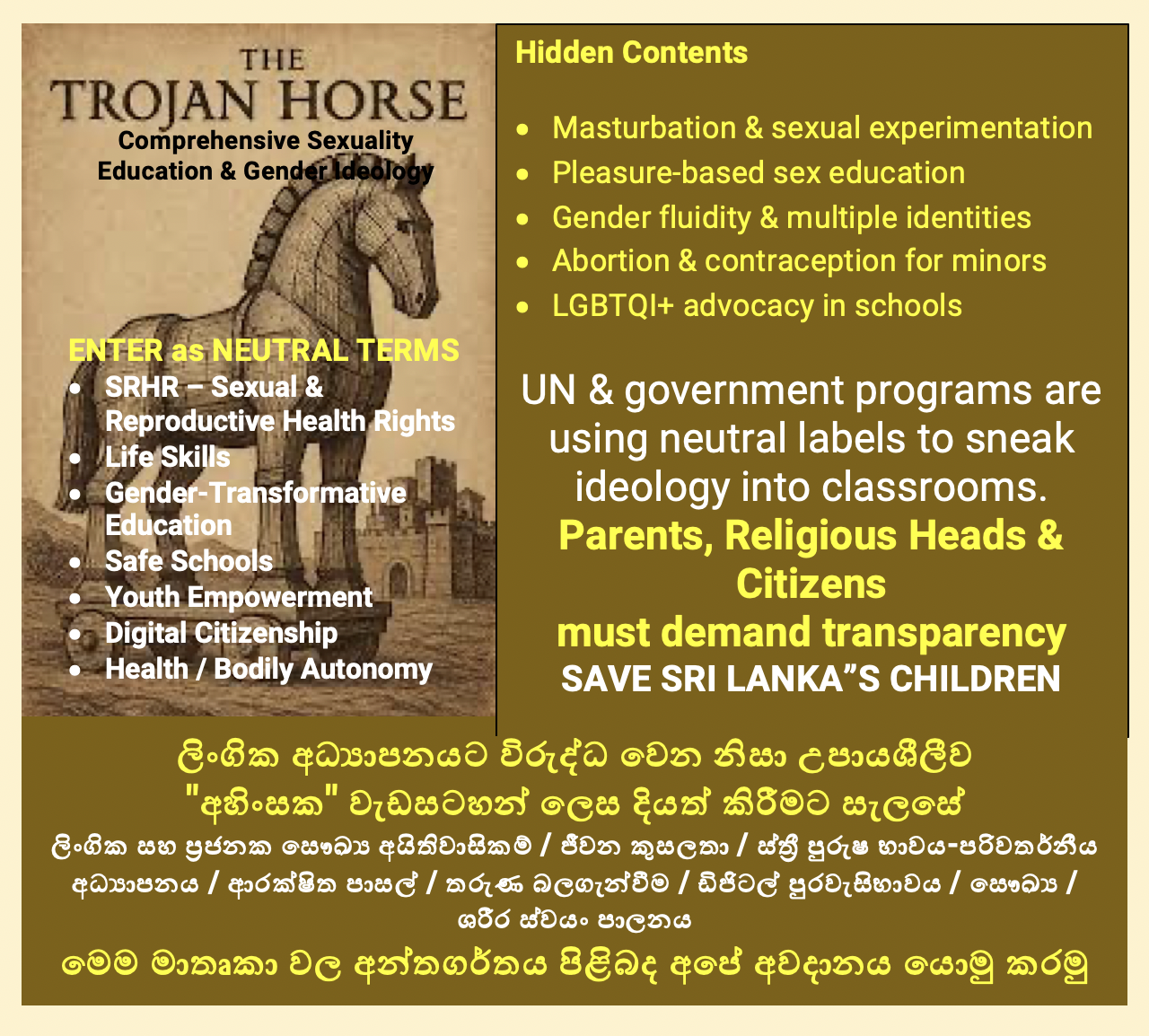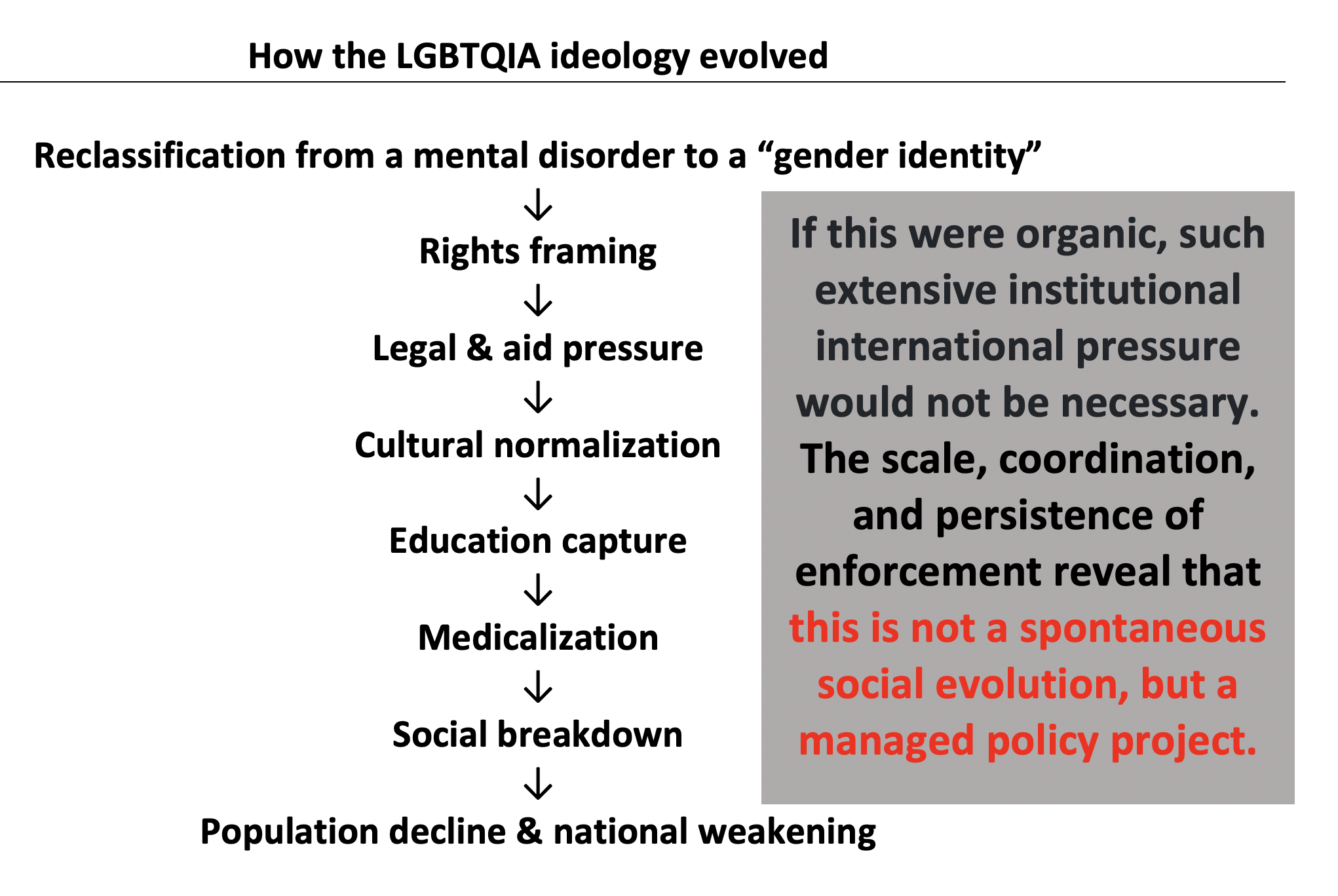Sri Lanka’s Corporates take lessons from West: don’t fall for the DEI Trap & risk boycotts & profit loss
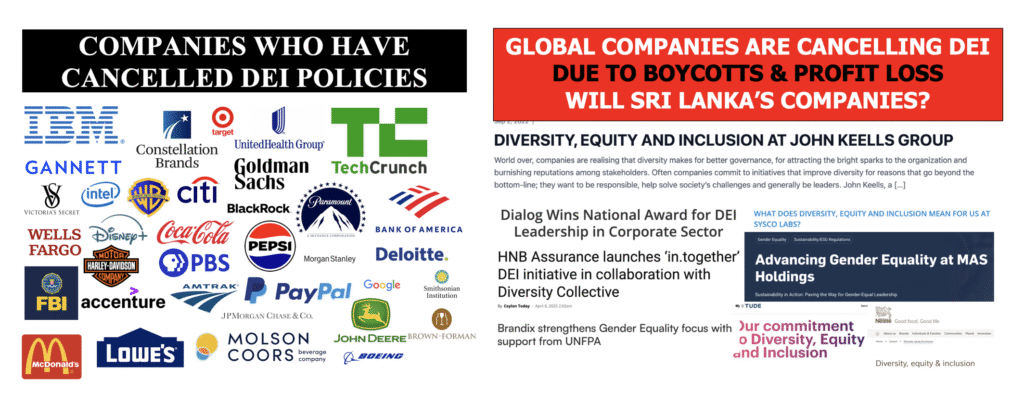
Across the West, companies rolled out “Diversity, Equity & Inclusion” (DEI) policies claiming it would build happier, more innovative workplaces. In reality, DEI programs have become heavily aligned with LGBTQIA ideological promotion — often going far beyond the core purpose of a business. By 2022, over 90% of Fortune 500 companies had adopted DEI policies, yet surveys and boycotts show these initiatives are collapsing under public, employee, and investor backlash.
In fact, some of the world’s most valuable companies have lost billions — not because their products failed, but because their boards gambled on social experiments that alienated customers and divided employees. Sri Lankan Corporates should not commit same mistake.
Instead of uniting teams around skills, merit, and productivity, DEI frequently divides staff into categories of oppressors and victims based on some warped new sexual/gender identity. Employees who do not subscribe to these ideas — or who simply wish to keep their private lives private — increasingly feel restrained, monitored, or pressured even ostracized. The freedom employees once enjoyed is gone.
Now many feel they must constantly censor themselves — worried that even neutral comments may be taken as offensive by LGBTQIA-identifying colleagues who take upper hand at workplaces because of the privileges they enjoy.
Imagine a Sri Lankan factory worker being disciplined for a harmless joke, or a bank officer being reported for not using an invented pronoun — this is already happening in the West and will inevitably creep here if companies who have adopted DEI continues its policies.
- Could a Colombo IT intern be barred from completing a project because they declined to celebrate Pride month?
- Or a young executive denied promotion for failing to adopt a prescribed gender-neutral language?
These are not far-fetched scenarios and will certainly happen in Sri Lankan companies that have adopted DEI ideology as a HR policy.
Ironically, companies are creating a new class of “LGBTQIA DEI personnel” — who contribute little to productivity but dominate HR agendas and scare off actual talent.
The backlash has begun in the West —surveys across the West confirm growing resentment inside workplaces. DEI is seen less as “inclusive” and more as divisive social engineering.
What surveys reveal
- UK– 36% of workers say DEI has “gone too far.”
- Canada– HR’s biggest body (SHRM) dropped “equity” from DEI after backlash over ideological overreach.
- Australia– 39% of employees said they would leave their jobs —many resent being forced to celebrate causes unrelated to work.
- Gartner Survey (2021)– Among 3,516 employees, 42% said DEI efforts are divisive; 44% said colleagues felt alienated.
- SAP Insights– Notes widespread employee resistance to DEI-focused changes.
- PR Newswire– Reports growing belief that too much time and resources are wasted on DEI.
- Research reviews– Show LGBTQ+ training often sparks resistance when staff see it as superficial or performative.
These findings reveal that non-LGBTQIA employees are increasingly restrained at work — not because of performance, but because DEI/LGBTQIA agendas are imported by HR, often unrelated to a company’s core mission.
As Gartner concluded: “DEI efforts often divide the very people they intend to unite”
If 42–44% of employees in the West feel DEI is divisive (Gartner, 2021), the risks for Sri Lanka are far greater — since DEI is being pushed in direct conflict with Sri Lanka’s Penal Code (Sections 365/365A) and Constitution (which only recognises male/female) as well as our 2600 cultural heritage.
No Western country faces this kind of legal contradiction, which makes Sri Lanka uniquely vulnerable to lawsuits, NGO pressure, and HR conflicts.
What DEI really means for Companies
- DEI does not increase productivity; it diverts focus into ideological compliance – allocates time on awareness & training unrelated to the core business
- It breeds resentment– promotions and recognition may appear tied to identity, not merit.
- Would Sri Lanka accept an unqualified MBBS student demanding to be made a surgeon simply for identifying as LGBTQIA? Or an inexperienced pilot insisting on flying an aircraft to London on the same grounds? DEI logic could one day normalize such demands.
- Some staff may even “identify” with LGBTQIA culture to get ahead, while others may leave — causing aloss of valuable talent.
- For companies whose purpose is to produce, innovate, or serve customers, DEI is adistraction from core objectives.
- DEI can destroy brand value — Bud Light lost $27 billion in market value after its LGBTQIA marketing campaign triggered boycotts.
As one CEO bluntly put it: “Strong companies stand on competence, not quotas.”
Case Studies: Why Global Corporates are retreating from DEI & LGBTQIA Sponsorships
These are not isolated cases — they show a pattern: companies that prioritised LGBTQIA-DEI branding over their core mission, faced backlash, lawsuits, and boycotts they could not survive.
Examples of DEI / LGBTQIA Roll-Backs & Sponsorship Pull-Backs
- Anheuser-Buschended its multi-decade sponsorship of St. Louis Pride – after record boycotts. https://www.forbes.com/sites/conormurray/2025/03/25/st-louis-pride-says-anheuser-busch-ended-sponsorship-as-corporate-support-for-lgbtq-pride-celebrations-dwindles
- Target too faced consumer fury — losing over $15 billion in market value in 2023 after its Pride merchandise rollout. These collapses show that even century-old brands are not immune when they abandon their core customers for identity politics
- Adidas, Comcast, Nissan all reduced or cancelled Pride sponsorships citing “brand safety.”
https://www.cnbc.com/2025/04/27/companies-lgbtq-pride-festivals.html
- John Deere scrapped DEI parades, saying they distracted from its core mission.
- Walmart dropped from the gay rights index, citing shareholder lawsuits and legal risk.
https://apnews.com/article/walmart-dei-inclusion-diversity-34b06922e60e5116fe198696201ce4d9
- Adidasis reported to have bowed out of certain Pride sponsorships (e.g. Pride Toronto). https://ket.brussels/fr/2025/06/04/adidas-bows-out-of-pride-2025-time-to-rethink-who-we-support/
- IBM too rolled back its DEI programs citing tensions
- Rolls-Royce: The UK-based aerospace company ended its formal DEI programs across global operations, citing political pressure and the need for a merit-based hiring policy. Support for LGBTQ+ groups, was withdrawn, and references to DEI were removed from the company’s websitehttps://www.thetimes.com/business-money/companies/article/rolls-royce-dei-us-diversity-backlash-9hcs2zdrm?
- All the companies who are rolling back DEI program
Why Companies cancelled DEI
- Consumer boycotts (Bud Light, Target).
- Employee resentment (John Deere, SHRM).
- Investor pressure (Walmart lawsuits).
- Brand risk (Adidas, Comcast).
- Legal & political scrutiny (Trump’s 2020 EO banning DEI trainings).
Real situation in U.S. DEI Office Policies: A Warning
In many U.S. companies, DEI policies now dictate that all emails and official correspondence must avoid traditional honorifics like Mr., Mrs., or Ms., instead requiring employees to use gender-neutral titles or the individual’s self-declared pronouns.
Receptionists, front desk staff, and administrative personnel are trained to record and update pronouns for every client and colleague, sometimes daily, and any failure to comply can trigger HR complaints or warnings.
These are not hypothetical cases — they are actual policies in functioning corporate offices.
Sri Lankan companies that are adopting DEI frameworks should ask themselves: Have we set similar rules for letters, emails, or greetings? Are our employees expected to follow gender-neutral or pronoun-based policies – would we face boycotts & loss of good talent as a result too?
Implementing such practices here would risk creating the same compliance burdens, internal friction, and reputational issues already being seen in the West.
In September 2020, Trump’s Executive Order 13950 officially banned federal DEI-style trainings, calling them divisive and discriminatory.
If billion-dollar Western brands are backing away to survive, how can Sri Lanka’s fragile economy carry this burden?
Sri Lankan DEI Nightmare Scenario: Receptionists, Bank Staff, IT, Hospitality, Schools
Here’s how imported DEI policies could absurdly play out across Sri Lankan workplaces:
- Receptionists: greet clients with changing pronouns;
- Bank staff: denied promotion for refusing Pride month; junior accountants claim leadership rights based on identity.
- IT: interns penalized for not using gender-neutral coding;
- Hospitality: chefs must follow “gender-identity” rules;
- Schools/Training: teachers role-play as animals or wear diapers have to be treated as “acceptable”
The new wave of backlash is such that a company sponsoring a Pride event or enforcing ideological training in an office, could trigger public boycotts, staff unrest, or investor withdrawal in Sri Lanka — will Sri Lanka’s Corporate/Public sector take the risk to satisfy 0.0023% of LGBTQIA community against over 8million strong workforce.
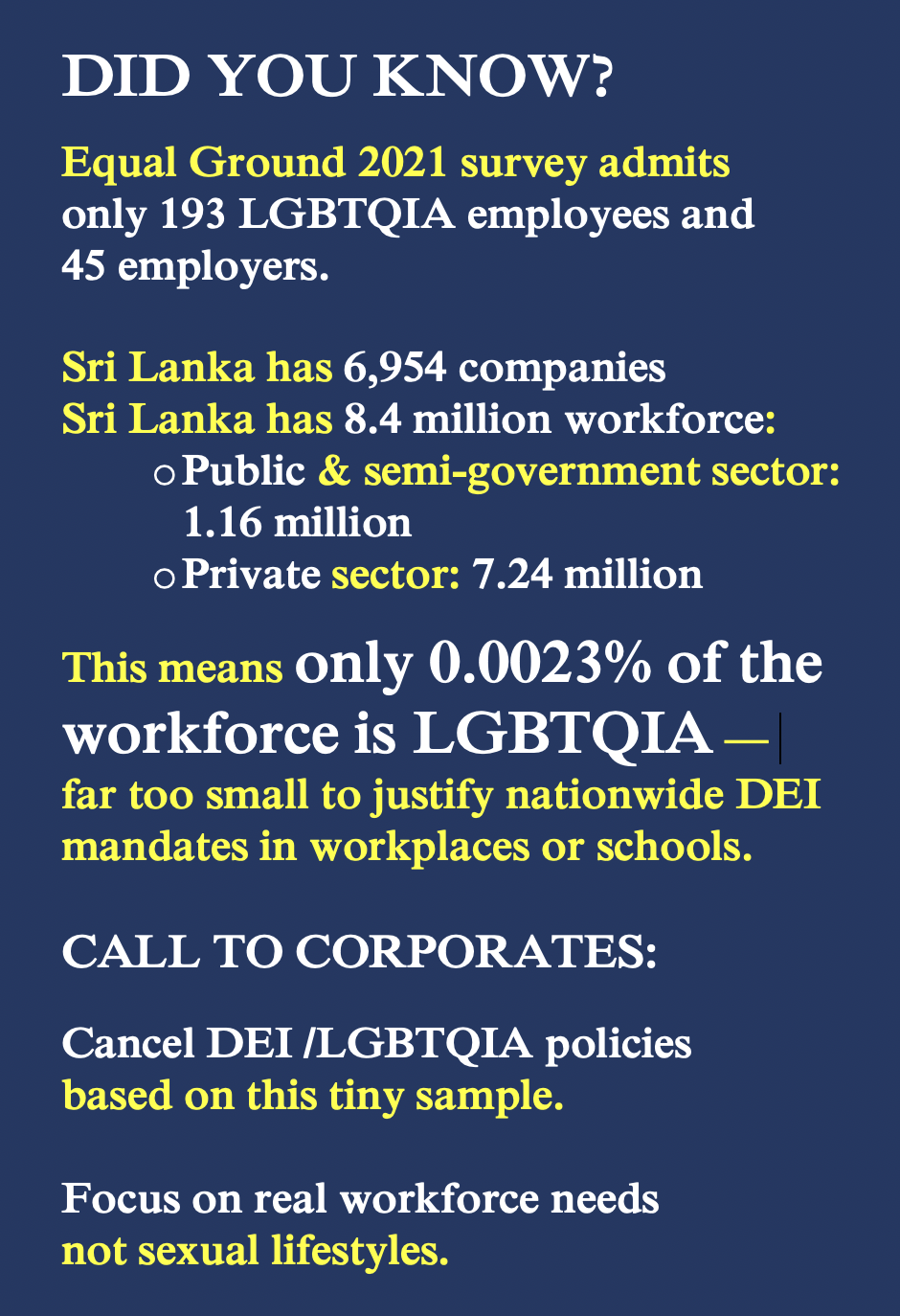
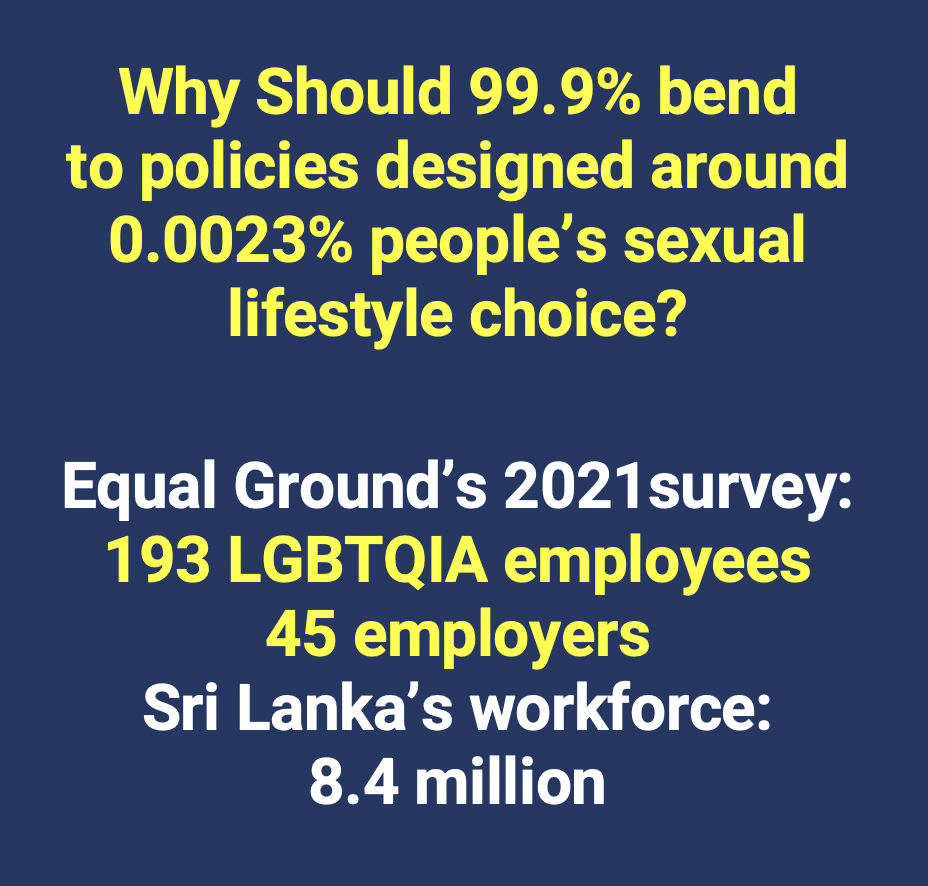
Our garment factories, IT firms, retail sector, and banks cannot absorb the shock of boycotts or internal conflict — one wrong sponsorship or activist-driven HR campaign could wipe out investor trust overnight as is now happening in the West.
These examples show that this is not about personal sexual issues, but ordinary employees being coerced into ideological compliance just to survive at work. Such forced indoctrination will have repercussions with time.
Message for Sri Lankan Corporates
If Western firms are rolling back DEI after realising its risks, why are Sri Lanka’s top corporates — John Keells, Dialog, MAS, Brandix, HNB Assurance — importing these failed models?
The reaction to the Sri Lanka Tourist Development Authority Chairman’s letter endorsing LGBTQIA Tourism ripped through every fabric of Sri Lanka. From the Mahanaya Theros, to the Cardinal, to Parliament & General Public have all come out in opposition against LGBTQIA tourism but also against efforts to introduce the topic into school curriculum.
Unknown to many, Sri Lanka’s corporates have subtly adopted DEI LGBTQIA policies. However with the Tourism Ministry/LGBTQIA Tourism fiasco the 8.4million corporate/public sector are now opening their eyes.
They woo will undoubtedly join the anti-LGBTQIA ideological promotion. They have first hand experience that these programs are nothing but indoctrination and have nothing to do with personal sexual issues as youth & adults through programs such as DEI are being lured to indulge & follow LGBTQIA lifestyles for their work survival.
This is unacceptable & must stop. Merit must be prioritized.
We must not reach a point where a junior accountant claims the right to lead the finance department purely because they identify with an LGBTQIA category, or a trainee chef demands to prepare gourmet meal to a VVIP guest based on gender identity, or a teacher demands to dress and behave like an animal in class — absurd scenarios that DEI logic propose to normalize.
Workplaces are not classrooms for ideology. The role of HR is to protect fairness for all, not to act as ideological police or sexual-identity promoters
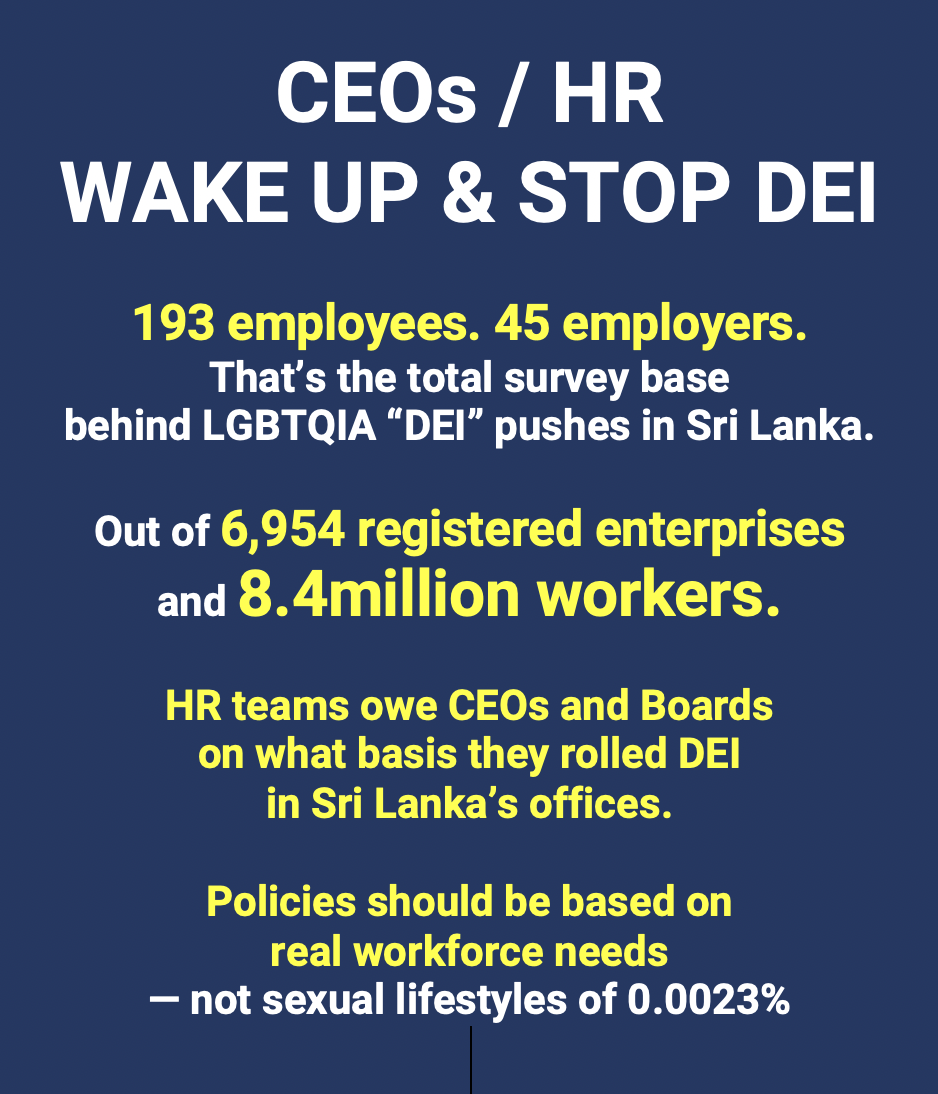
Sri Lanka’s CEOs must ask:
If billion-dollar US companies, with vast global capital, could not withstand this backlash, how can Sri Lankan corporates, operating in a far smaller economy, hope to survive by tying their brands to imported ideological experiments?
Shenali D Waduge

